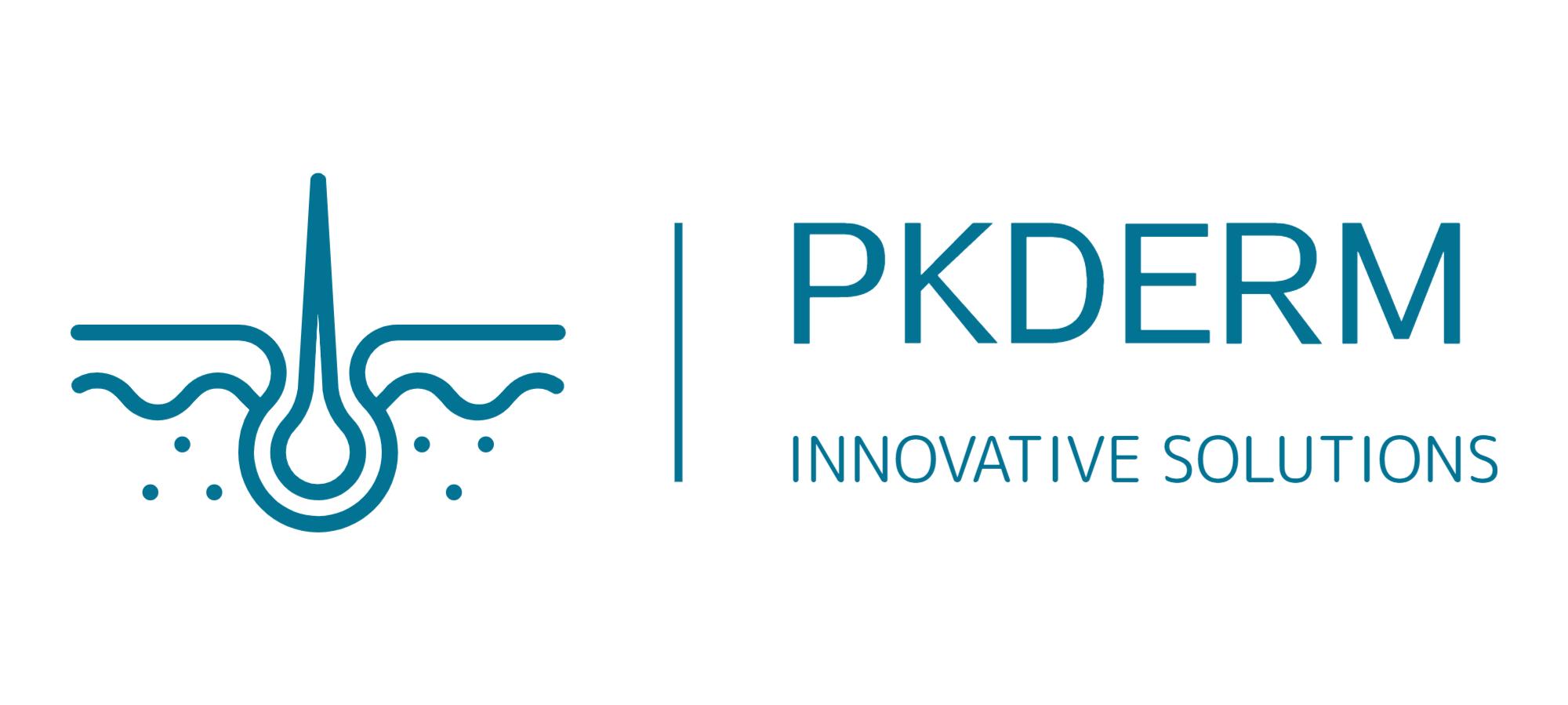Hanan Osman-Ponchet has an MSc in Toxicology and Pharmacology and obtained her PhD in 1997 from Burgundy University working in Biochemistry, Cellular, and Molecular Biology. She has 2 Post-Docs in the field of Biochemistry, molecular and cellular biology, one of them was done at the University Hospital of Geneva in Switzerland and the other one at the National Institute of Agronomical Research in France. In 2019, she has obtained a Global Executive-MBA degree in project management and innovation & entrepreneurship at SKEMA Business School in France.
Dr. Hanan Osman-Ponchet is the founder and Chief Executive Officer (CEO) at PKDERM where she is working to accelerate the development of the company by building reliable partnerships and collaborative innovation in the field of animal-free testing. She is responsible for the scientific planning, conception, and execution of different projects in the area of in vitro testing of efficacy and safety for cosmetic and pharmaceutical partners.
Previously, she has worked in drug development for over 20 years. She first joined the pharmaceutical industry in 2002, initially at Sanofi, Paris area, where she was in charge of in vitro Drug Metabolism and Absorption studies. She joined Galderma R&D (a global dermatology company) in 2007 and led the development of new in vitro technologies and models to predict drug absorption, drug metabolism, and drug-drug interactions.
Dr. Osman-Ponchet is the author and co-author of more than 30 articles in peer-reviewed international journals and ten patents and has given invited oral presentations at several scientific conferences.
OpenTox Euro Conference 2021 Session 6 Overview
The development of innovative models for the detection of toxicity of drugs is crucial to efficiently bring new products safely to market in a cost-effective and timely manner. Over the past decades, considerable efforts towards the development, evaluation, and implementation of in silico and in vitro-based models have facilitated improvements in the hazard identification and risk assessment of preclinical drug candidates and contributed to reduce, refine, and replace animal testing. However, much still remains to be accomplished to address gaps in our mechanistic understanding of adverse drug reactions and towards developing tools that are truly predictive of human-relevant drug toxicities. Examples of improvement of in vitro models and tools to predict genotoxicity, sensitization, endocrine disruptors properties will be presented through this session.


